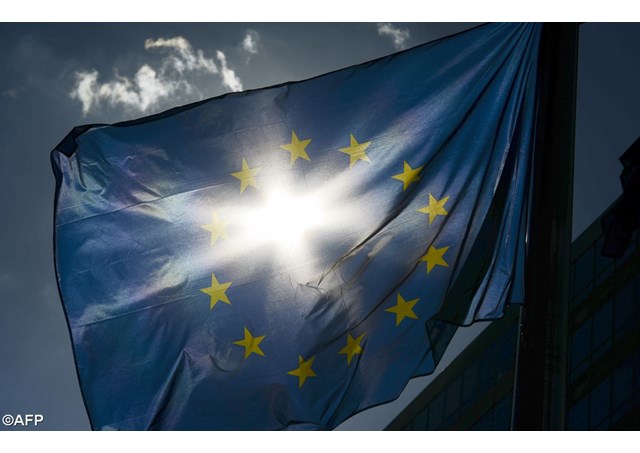
EU Transport Congress meets in Riga

(Vatican Radio) Transport Ministers from 12 European Member States, CEOs and over 1000 transport stakeholders have joined the high-level transport conference 'TEN-T Days' in Riga, organised by the European Commission, in cooperation with the Latvian Presidency.
Listen to the report by Nathan Morley:
A declaration on the implementation of the "Rail Baltica Project” which will link Finland, the Baltic States and Poland whilst also improving the connection between Central and northern Europe and Germany was signed during the event.
"Rail Baltica is an excellent example of such cohesive infrastructure," said Anrijs Matiss, the Latvian Minister of Transport.
"It shall not only connect the major Baltic cities via the European standard gauge – paving the way for new mobility solutions for passengers and freight – but shall also mark the symbolic reconnection of the Baltic region with the core of Europe," he added.
The plan envisages a continuous rail link from Tallinn to Warsaw, passing via Riga and Kaunas Lithuania and is estimated to be completed by 2024.
A series of projects for improved transport links across Europe discussed at a two- day meeting dubbed "Ten-T Days” in Riga.
Key stakeholders are looking at prospects for implementation and financing of future transport projects from Scandinavia in the north down to the Mediterranean.
The term "Ten-T stands" for the Trans-European Networks for Transport - a huge umbrella project aimed at modernizing and streamlining transport infrastructure across the 27- nation EU bloc.
During a briefing to journalists, Violeta Bulc, the EU Commissioner of Transport said Ten-T proposals will cost billions of Euros and cover railways, maritime traffic, aviation and road transport.
"We must now join forces to make the trans-European transport network a reality,” Bulc said.
She also spoke of future plans for possible enhanced rail links with China, a 21st Century Silk Road, removing bottlenecks across the continent and facing up to the many challenges of improving parts of the antiquated transport system in much of Europe.
The main focus has been on the challenges faced by the new trans-European networks in attracting innovative funding solutions.
The Commission has also presented the results of a study on the "Core Network Corridors”. Key findings show that the impact of EU investment in transport infrastructure is high – 1.8 per cent of GDP growth and the creation of 10 million jobs.
| All the contents on this site are copyrighted ©. |


